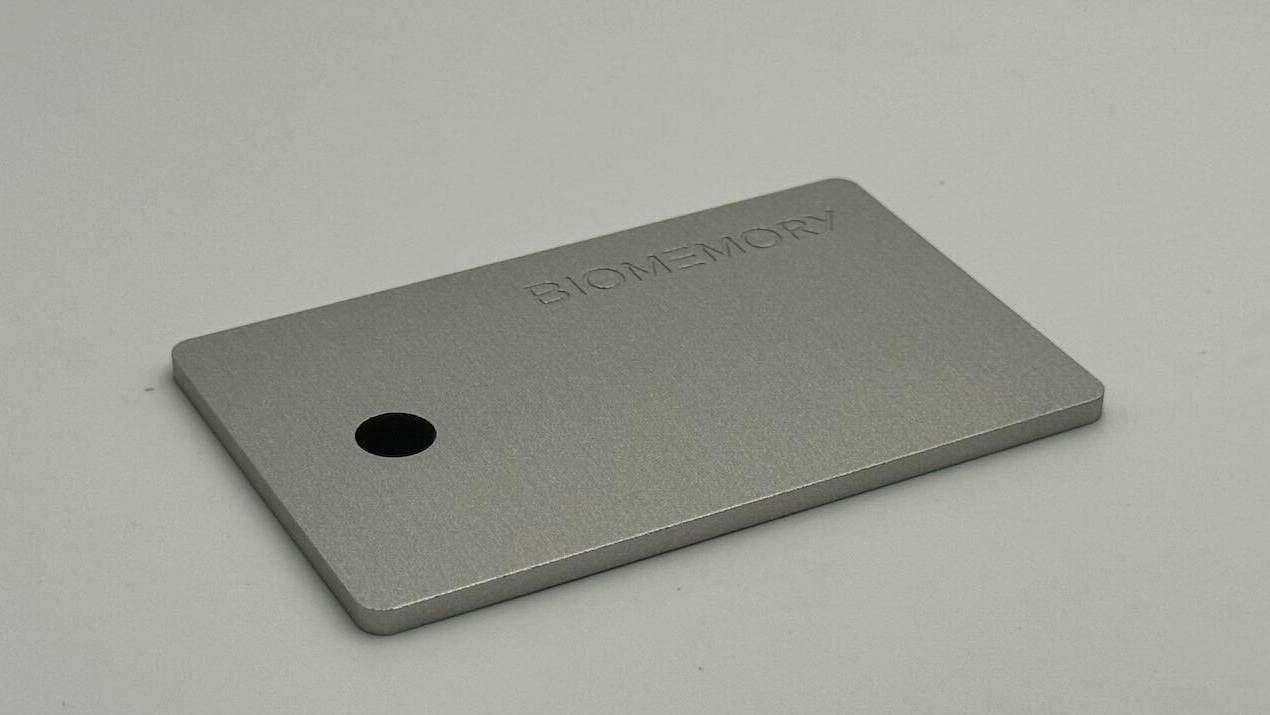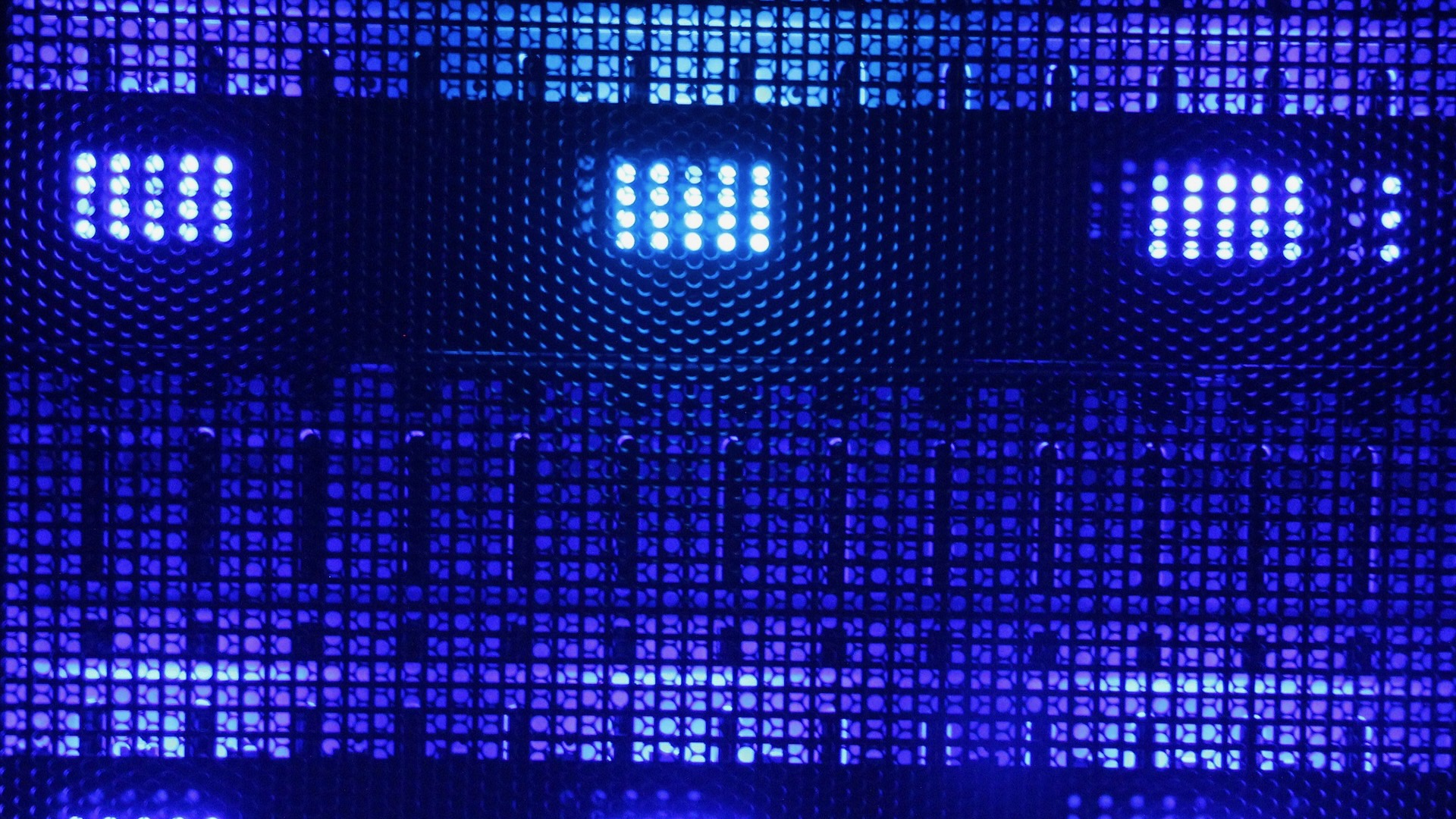DNA storage finally reaches mainstream (well, sort of) — but it will cost you a whopping $1,000 per KB (yes, kilobyte)
French startup you've never heard of unveils tiny DNA storage device that costs more than the first hard drive


Best cloud storage: Expand your storage easily
Best cloud backup: Protect your data on the go
Best cloud storage for photos: Space for your photos
Best business cloud storage: Data resilience for business
Best free cloud storage: Bits and bytes online for free
DNA storage is finally within reach, with the promise of being able to store billions of terabytes of data in a tiny volume, for hundreds of years and at a minimal cost. In a tantalizing breakthrough, French firm Biomemory has rolled out credit-card-sized storage devices that can store one kilobyte of data each on DNA.
For $1,000, you get two identical Biomemory cards; yes, they are very expensive - the first commercially available hard drive (IBM 350-1) retailed for $34,500 for 3.75MB - and slow; but this is primarily a proof of concept. The DNA on the card is dried; it has to be rehydrated and read by a sequencing machine (Biomemory has partnered with a third party to get it done).
DNA storage has been in the realm of science (and a bit of fiction) for decades but the past two years have seen a flurry of announcements (from giants like Microsoft and Seagate to smaller players like Catalog or Biomemory) that have made it one of the most likely candidates to help quench the global thirst for data storage.
Storing bytes in DNA could pave the way for near unlimited data storage capacity at extremely low acquisition cost, with market-leading operational costs (both to store and retrieve data) and a shelf-life counted in multiple decades.
Breaking the Petabyte barrier
For now thought, there’s some serious hurdles that will need to be cleared out before DNA can make its way up the storage food change as the goto replacement for tape, then hard drives. Other than price, there’s the speed at which data is stored and retrieved (currently in the low MB/s) and the still relatively unproven nature of the medium.
It’s been almost a decade since Seagate told us that the world would be running out of storage capacity by 2016 (spoiler alert: it never happened) but generative AI and machine learning will probably help us reach that crunch point much faster than expected.
Biomemory wants to launch a 100PB enterprise-focused DNA card by 2026, which is just a few years away. It took hard drives about 60 years to grow in size by a factor of 1,000,000 to 4TB.
Sign up to the TechRadar Pro newsletter to get all the top news, opinion, features and guidance your business needs to succeed!
The French startup wants to smash through this, achieving a growth factor of 100 trillion (that’s one followed by 14 zeros) in under 36 months. If they managed to achieve that, it will be one of the biggest technological feats of all times and will become one of the hottest startups ever.

Désiré has been musing and writing about technology during a career spanning four decades. He dabbled in website builders and web hosting when DHTML and frames were in vogue and started narrating about the impact of technology on society just before the start of the Y2K hysteria at the turn of the last millennium.